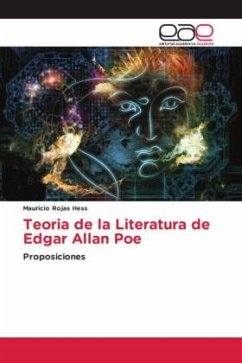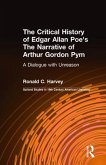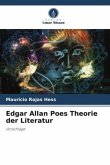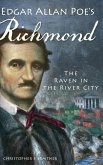Edgar Allan Poe's Theory of Literature considers the Boston native's core ideas about what he conceives of this art of language. Without being articulated as a treatise, his formulations contain elements that give meaning to literary knowledge from the other side, from that position where the critic and essayist examines what underlies the composition of this linguistic form that opens the expression of colloquial language to insert us into a new space of the word. In the case of Allan Poe, some of his ideas are elaborated by taking his own composition as a motive for analysis, as he does with the poem The Raven, where he goes step by step through the creative strategies he used in his text. For the American author there are fundamental notions that writing should contain, formulating them with a critical sense. And although he does not do it with academic rigor or philosophical conceptual refinement, there are in his statements, theses and principles that serve as a basis for understanding what exists in literary creation.
Bitte wählen Sie Ihr Anliegen aus.
Rechnungen
Retourenschein anfordern
Bestellstatus
Storno








